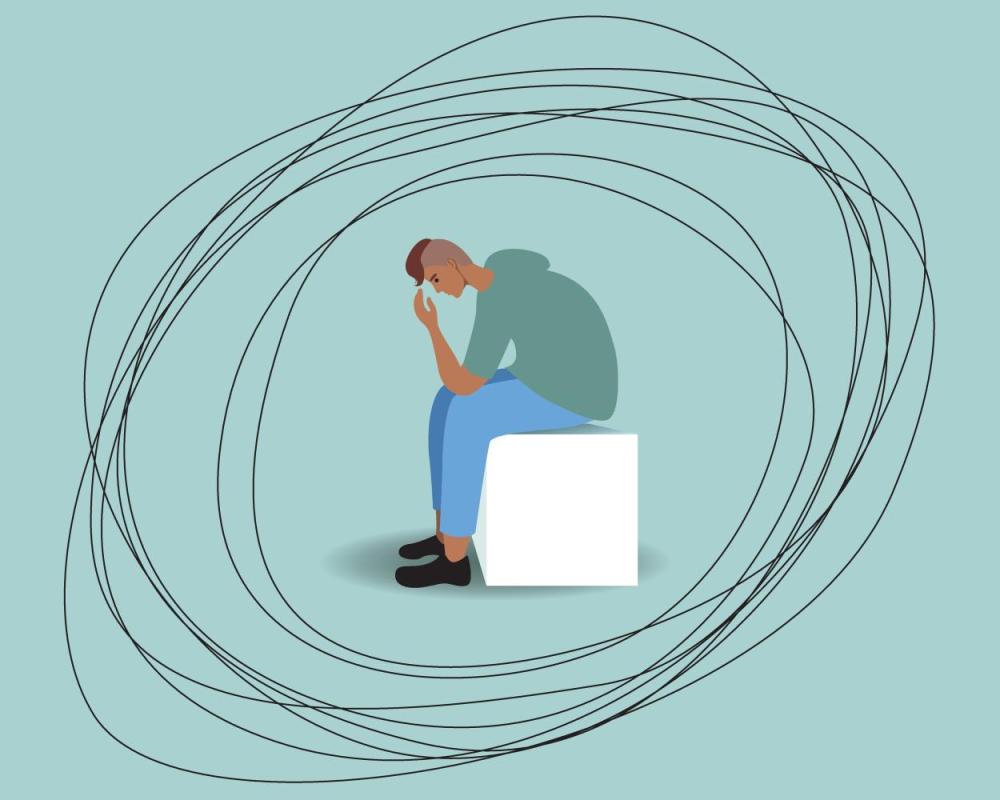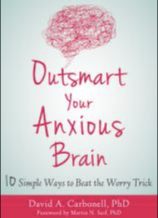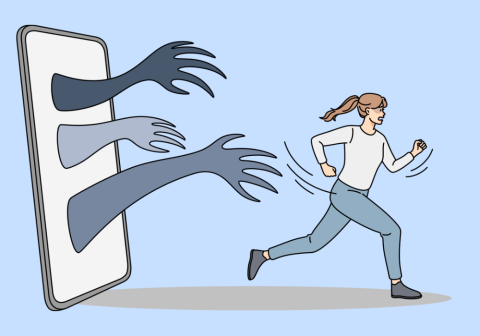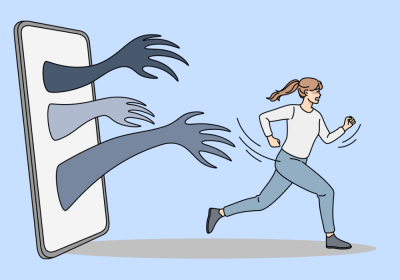How to Process Inconceivable World Events While Living Daily Life
How to Process Inconceivable World Events While Living Daily Life

Whether turning on the news, opening Tik Tok, or starting a conversation with a peer, chances are you will be faced with reminders of the atrocities occurring in our world right now. In addition to individual challenges each of us may be experiencing, there is a collective trauma we are faced with as well, given the many tragic and inconceivable events taking place.
You want to stay informed, so maybe you open your social media; however, you may quickly close out of the app because the graphic posts fuel your anxiety. How can we process inconceivable events and still go about living our day to day lives in a healthy way? As a trauma and anxiety therapist, I am here to tell you while it is extremely difficult, it is possible. Here are some suggestions for how to cope during these difficult times:
Allow yourself to feel. Our natural inclination may be to push away or avoid difficult emotions. However, allowing yourself to feel whatever emotions arise is necessary. Validating even our most difficult emotions reinforces the notion that it is okay to feel anger, sadness and anxiety during these difficult times. It is wise to take moments during the day to really feel these emotions. If we try to push these emotions away, they will likely bubble up and may even grow stronger. You may choose to talk about these events with a friend, journal, watch a sad movie, or listen to emotional music. While creating space for these emotions can be difficult, it is also healthy.
Engage in distraction. Distraction has a bad rap; however, intentional distraction can be very helpful. We may feel as though we don’t deserve to feel happy when there is so much suffering in our world. Yet just as difficult emotions are fleeting, neutral and positive emotions come and go as well.
It is okay to carve out time to go for a walk and take in the smell of fresh air, or to binge a silly TV show. We need to allow ourselves to fill up our cup, in order to best help others and ourselves.
Practice mindfulness. Many people hold the belief that mindfulness is about closing your eyes and feeling relaxed and calm. However, this is in fact not the main goal of mindfulness. The idea is to be in the present moment, observing ourselves and our world, nonjudgmentally.
Taking time to close our eyes and noticing whatever thoughts and feelings arise can be helpful to orient ourselves in the here and now. Grounding ourselves in our environment by paying attention through our five senses allows us to be in the present moment and most accurately determine what we need at this time.
Lean on support. Whether you can seek support through a therapist or friend, it is important to have trusted people in your life to go to when times are hard. We can find ways to support ourselves, such as journaling, expressing ourselves through the arts, or going for a run to expend energy. Creating connection with others can also help us feel less alone. If you are a therapist yourself, finding professional and personal outlets is essential, in order to be the best and healthiest therapists we can be for ourselves and our clients.
The truth is, horrible events are taking place in our world, and it is important to honor our feelings as they arise. And, while tragedy is occurring, we can find glimmers of hope through self-care, accepting and validating our emotions and finding strength through community. We need to practice skills to both accept our limitations and barriers, while also fostering resiliency and empowering ourselves to make change for the better where we can. Listen to other people’s perspectives, advocate for what’s right and wrong and be willing to take breaks for yourself.
What is one step you can take to honor your emotions today?





















